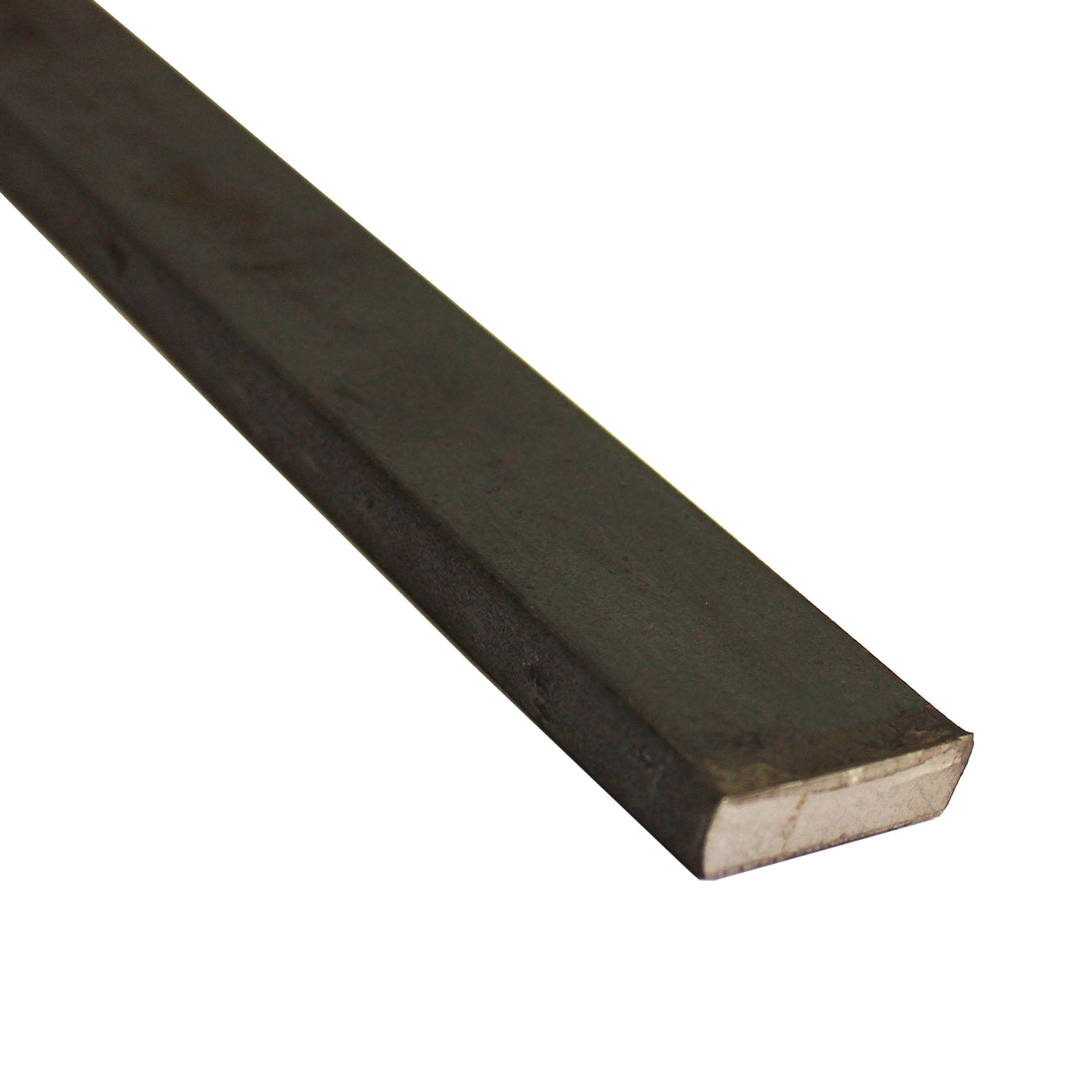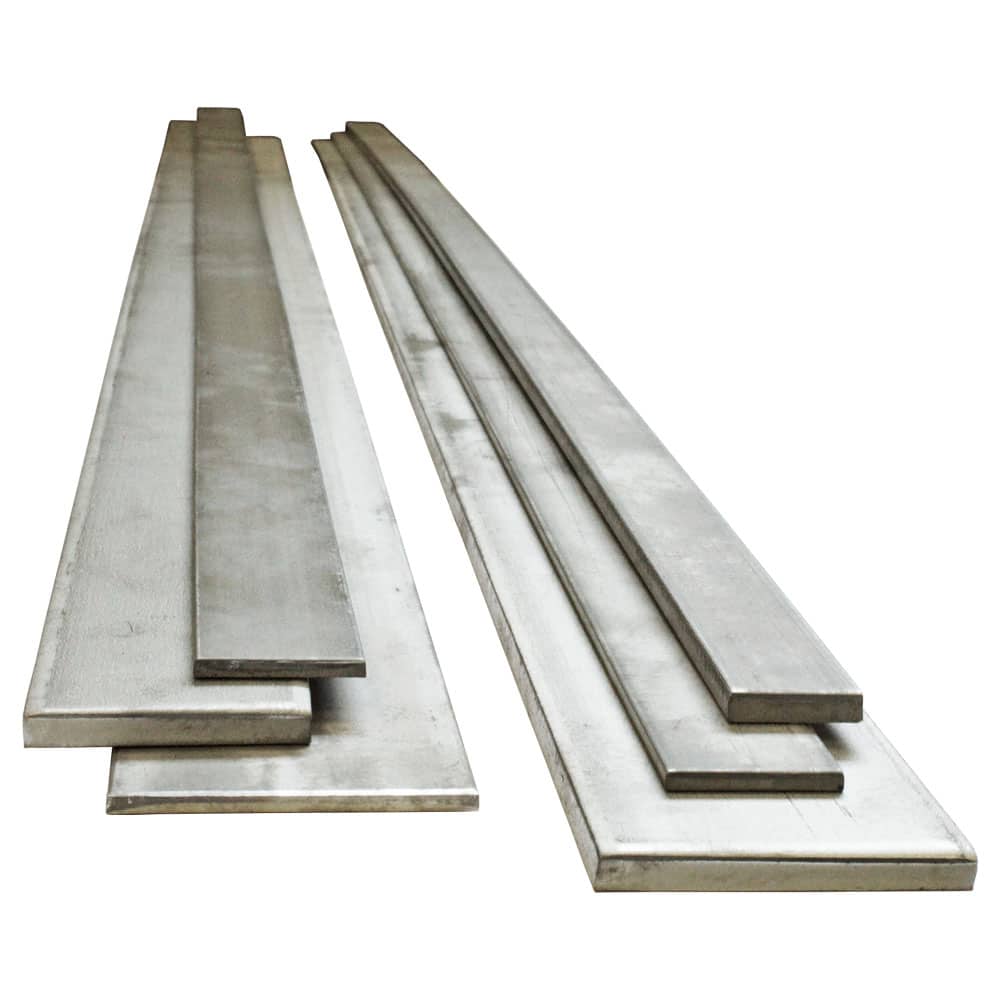- Massive Range
- FREE UK Delivery
- Rapid Dispatch
- Massive Range
- FREE UK Delivery
- Rapid Dispatch
- Massive Range
- FREE UK Delivery
- Rapid Dispatch
£10.99 – £16.99 inc VAT


This website is secured:
✔ Specialists In Rapid Shipments Of Any Size
✔ FREE UK Delivery Included
✔ Immediate Express Dispatch From Stock
✔ Tracked Delivery with Order Updates
✔ 30-Day Returns Accepted
@ ☏ Bespoke Sizes & Larger Sheets Available
Looking for reliable sources of Aluminium Flat Bar Metal in the UK? You can count on Speciality Metals to supply you with the very best. We offer flat bar metal in a variety of lengths that are durable and corrosion-resistant. Furthermore, it can withstand exposure to weather, chemicals and heat without losing its integrity. Furthermore, it is an excellent conductor of heat and electricity. It is definitely worth considering Aluminium Flat Bar if you are looking for a material with hygienic properties. What’s more, it’s lightweight, flexible and recyclable, making it a sustainable choice for all your metalworking needs.

We offer a wide selection of flat bar metal online from trusted mills in the UK. Providing high-quality, low-priced aluminium flat strip products to UK businesses and the general public, Speciality Metals is a leading aluminium metals supplier.
Looking for a reliable and high-quality flat bar metal? Look no further than Speciality Metals, one of the leading suppliers of 31.75mm width x 3.125mm thick aluminium flat bar metal in the UK. This durable and corrosion-resistant material is resistant to weather, chemicals and heat, making it suitable for a wide range of applications. It’s also an excellent conductor of heat and electricity, making it an ideal choice for electrical and industrial use. With its hygienic properties, lightweight design and flexible nature, aluminium flat bar metal is perfect for a variety of products. Plus, its recyclable properties make it an eco-friendly option for any project. Choose Speciality Metals and experience the best in flat bar metal in the UK today.
Over 50,000 customers of Specialty Metals are provided with fast, friendly customer service every year. We’re the place to try when you need metal of any shape and size. We’re based in Warrington, UK. We pride ourselves on our rapid turnaround and a large range of options.
Key product details:
Flat bar strip is also available in mild steel and stainless steel.
Speciality Metals are the best suppliers for you because:
Yes, aluminium flat bar metal can be plated or coated with other metals to enhance specific properties or to achieve a desired aesthetic finish. Here are some common plating and coating methods:
Electroplating: This involves using an electric current to deposit a thin layer of another metal, such as nickel, copper or gold, onto the aluminium. Before electroplating, aluminium often requires a zincate process to establish an adherent base layer for subsequent electroplating processes.
Electroless Plating: Unlike electroplating, this method doesn’t use an external electrical current. Instead, it relies on an autocatalytic chemical reaction to deposit a layer, often of nickel or copper, onto the aluminium. It results in a uniform coating, even on complex geometries.
Anodising: While this isn’t plating in the traditional sense, it’s a common method for enhancing aluminium. Anodising thickens the natural oxide layer on the aluminium’s surface, providing improved corrosion resistance and a porous structure that can be dyed in various colors, as previously discussed.
Chromate Conversion Coating: This is a type of chemical conversion coating that’s applied to aluminium to enhance its corrosion resistance and to improve adhesion for paints and primers. It forms a thin, protective layer and often gives the aluminium a yellow or greenish hue.
Vacuum Metalising: A method where aluminium is vaporised in a vacuum chamber and then deposited onto substrates, forming a thin, protective and decorative metal coating.
Physical Vapor Deposition (PVD): A vacuum coating process that results in a very thin but durable metal coating, often of metals like titanium, zirconium or chrome.
Paint or Powder Coating: While not a metal coating, these methods are widely used on aluminium to provide a colored, protective and durable finish.
Differentiating between aluminium and other flat bar metals based solely on visual inspection can be challenging since many metals can have a similar silvery appearance. However, certain visual and physical characteristics might give clues. Here are some general pointers to help differentiate aluminium from other common metals:
Color and Luster:
Weight: Aluminium is significantly lighter than steel, brass and copper. By picking up flat bars made of different materials, the weight difference can often be discerned.
Magnetic Properties: Aluminium is non-magnetic, while many types of steel (but not all, like certain stainless steels) are magnetic. A magnet can be a quick tool to differentiate between magnetic and non-magnetic materials.
Behavior to Corrosion: Aluminium forms a protective oxide layer that prevents further oxidation, whereas mild steel can rust when exposed to moisture. If you see signs of rust, it’s likely not aluminium.
Conductivity: While not a visual test, if you have a means to test electrical conductivity, aluminium is a good conductor but not as conductive as copper.
Mark Test: Use a sharp object to try and make a small scratch on the surface. Aluminium is softer than many steels, so it will scratch more easily.
Surface Texture: Aluminium, when exposed to the atmosphere for extended periods, might develop a fine layer of white oxide, which can give it a slightly pitted appearance. This is especially true for marine or industrial environments.
Achieving a strong adhesive bond with aluminium flat bar metal requires careful preparation and the right choice of adhesive. Firstly, the aluminium surface must be cleaned thoroughly to remove any oils, dirt or oxide layers. Using solvents like acetone or isopropanol can be effective for this. Once cleaned, the natural oxide layer of aluminium, which can interfere with bonding, might need removal. This can be accomplished through methods like acid etching, abrasive cleaning or anodising. Anodising, in particular, creates a porous oxide layer that can enhance adhesive bonding. After preparation, a primer can be applied to further improve adhesion. It’s essential to choose adhesives known for their compatibility with aluminium; epoxy resins and certain polyurethanes often yield good results. Lastly, always follow the adhesive manufacturer’s guidelines for curing time and conditions. By ensuring a pristine and appropriately treated surface and by selecting the right adhesive, one can achieve a robust and durable bond with aluminium flat bars.
Check out our blogs discussing stainless steel metal strip and mild steel flat bar. It will prove a useful read to help you to make an informed decision on which material would work best for you.
We are also very proud of our ever expanding YouTube channel.
Our goal for our blogs, videos and help guides is to answer as many questions as possible to help to explain the possibilities of mesh to our customers. Contact us today if you have any questions at all. We are always really keen to help in any way that we can.
We are also very proud of our highly popular eBay store, check us out there too.
Thank you for checking out our product.
£10.99 – £19.99 inc VAT
£11.99 – £34.99 inc VAT

£10.99 – £19.99 inc VAT

£11.99 – £34.99 inc VAT
Speciality Metals
Unit 1, Farrell Street, Warrington,
Cheshire, WA1 2WW, United Kingdom
Quick Links
Payment Options
